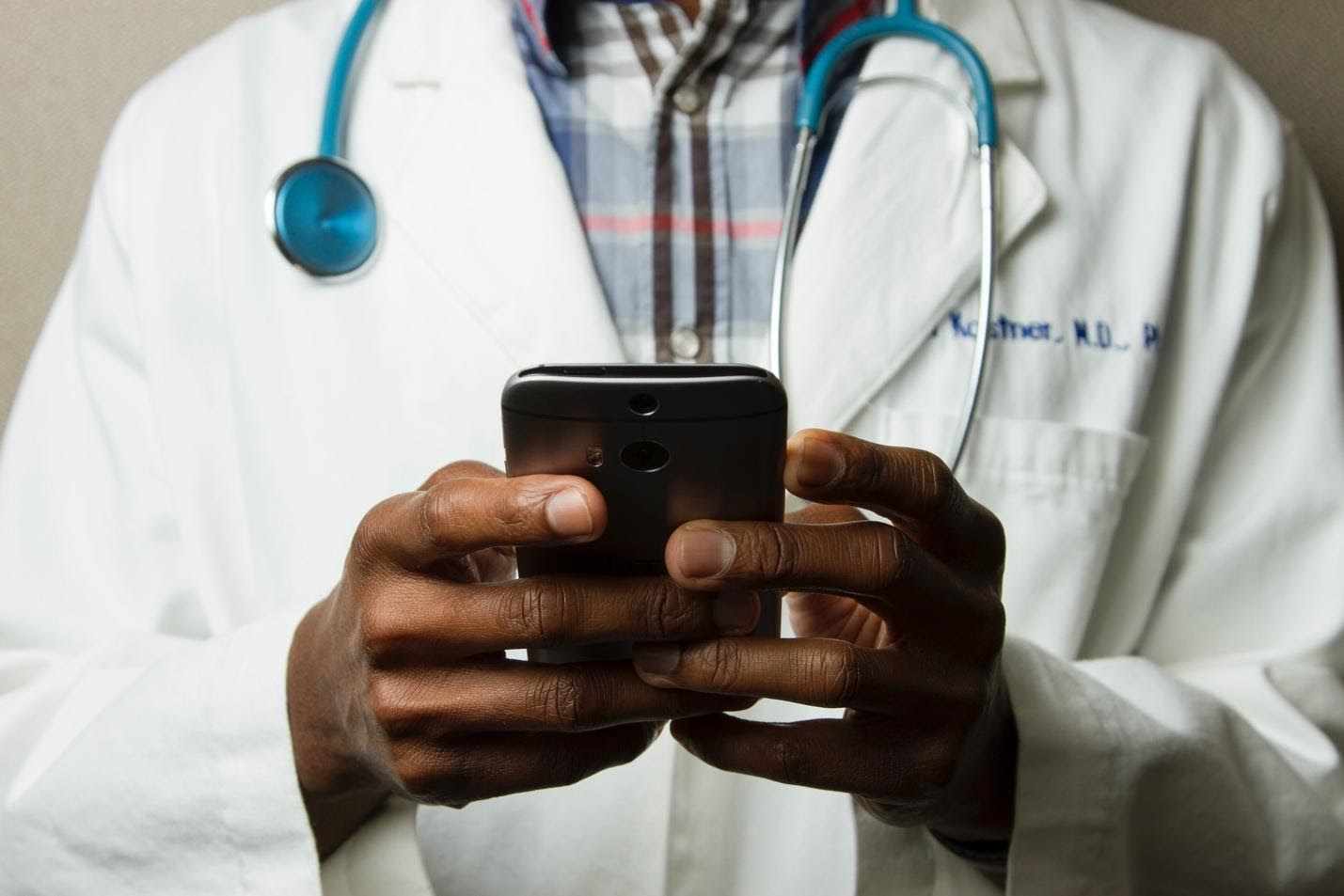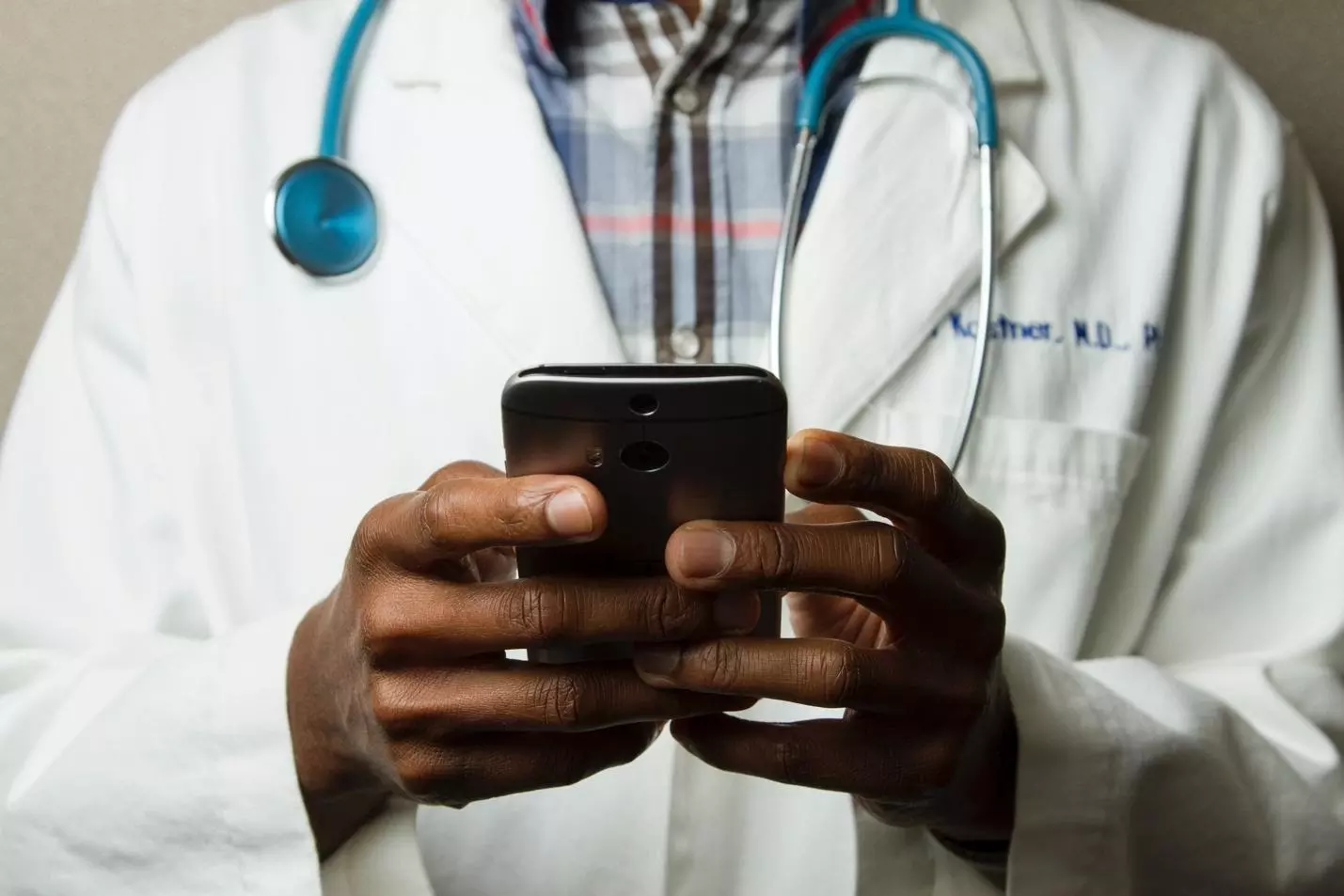Comments
- No comments found

Due to the COVID-19 pandemic and ground-breaking advancements in digital healthcare technologies, the healthcare industry has changed.
In response to the COVID-19 pandemic, the healthcare industry in the United States has rapidly adopted digital health technologies to increase the quality and efficiency of healthcare services and practices, improve healthcare worker and patient experience, better secure confidential patient data, streamline the patient payment process, and more.
Healthcare providers and consumers were skeptical of digital health services during the early months of the COVID-19 pandemic, but since then provider and consumer attitudes toward digital healthcare have improved.
In fact, consumer adoption of virtual health technologies, such as mobile healthcare apps, grew from 11% during 2019 to 46% in 2020.
Also, Digital healthcare models are rapidly increasing and integrating with each other, as well as with hybrid virtual/in-person digital models, and some regulatory changes that expanded the range of digital health services have become permanent

In this new era of digital healthcare:
There are countless exciting innovations in the world of digital healthcare.
For instance, virtual reality devices offer therapy exercises and games to seniors suffering from neurodegenerative diseases.
Also, mobile healthcare apps are becoming increasingly sophisticated and helpful, and healthcare sectors, as well as patients, are increasingly relying on and benefiting from them.
For instance, through these apps, patients can receive prescription medications at their front door.
More, for patients, these apps:
For healthcare professionals, mobile apps:
The healthcare industry is becoming increasingly digital, and mobile healthcare apps are leading the way.
Leave your comments
Post comment as a guest